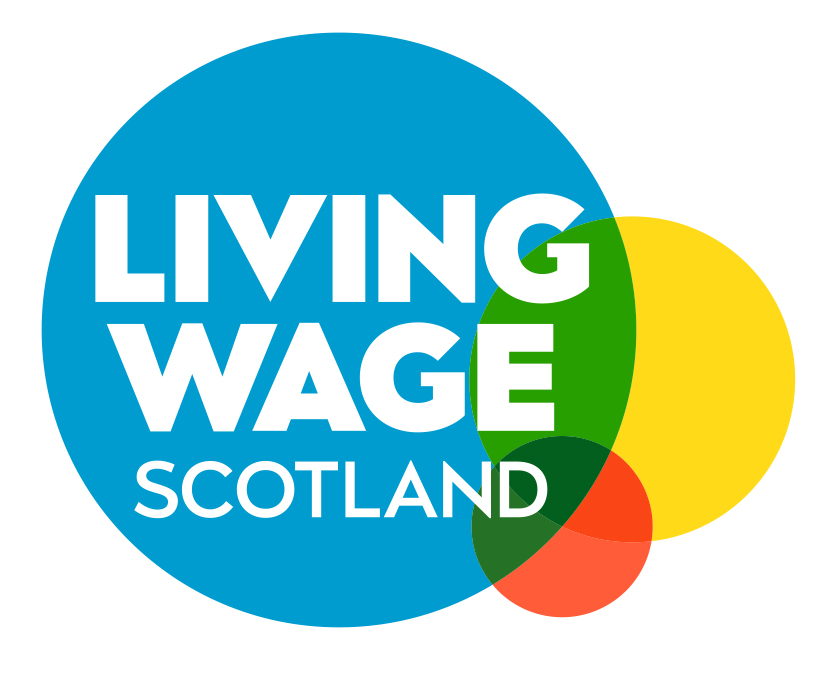Christmas is the busiest time of the year for hospitality & tourism businesses across Scotland, with holiday shopping and gift buying in full swing. We know the sector for its vibrancy and dynamism, but it has faced a multitude of challenges over the past few years. The cost-of-living crisis has had an impact on customers’ wallets and has also led to higher operating costs for business owners. With the recent announcements of the UK Government Budget, including an increase in employer National Insurance contributions, businesses are facing a challenging trading environment.
Despite this, we have seen a continued conversation around the importance of Fair Work within the sector in Scotland. Earlier this year the Fair Work Convention provided a range of recommendations aimed at addressing fair work challenges within the hospitality sector. As a member of the Hospitality Inquiry group, I gained a real insight into both the barriers to, and the genuine need for change within the sector. The 12 recommendations put forward by the Inquiry, incorporated key principles like payment of the real Living Wage and promotion of Living Hours accreditation.
Unlike the government-mandated minimum wage, the real Living Wage is independently calculated based on the actual cost of living, providing a meaningful standard of living for employees. The rate is independently calculated by the Resolution Foundation and is currently set at £12.60 across the UK (£13.85 in London). Living Wage Scotland delivers a Living Wage employer accreditation scheme for those employers who choose to pay this rate to their directly employed and regularly contracted third-party workers.
Hospitality and tourism businesses often operate on thin profit margins, which can make it challenging to implement wage increases. However, there are significant benefits to being an accredited Living Wage employer, meaning that employers can gain returns on their investment in higher wages. High turnover rates are a persistent issue within the sector and offering the real Living Wage helps businesses retain staff by fostering a sense of value and commitment. Employees earning a fair wage are more likely to stay long-term, reducing recruitment and training costs.
Fair pay also contributes to happier, more motivated employees which leads to better customer service. In hospitality and tourism, where customer service is paramount, motivated staff are more likely to deliver exceptional service, leading to improved guest experiences and increased customer loyalty. A recent survey by the Living Wage Foundation also found that consumers are increasingly conscious of supporting brands that treat their employees well. In fact, 66 per cent of respondents said they were more likely to choose a hospitality venue if businesses paid their staff the real Living Wage.
By adopting higher wages, businesses can help elevate the standard within the industry, making it an attractive career choice and continuing to position Scotland as a world-class destination. Looking ahead, the ability to retain talent will help the sector stay competitive in the international market.
Becoming an accredited Living Wage employer is more than a financial decision—it’s a strategic investment in people which can support long-term business success. While the transition may pose challenges, the benefits of higher staff retention, enhanced brand reputation, and improved operational efficiency make it a worthwhile endeavour. In an industry driven by human connection, paying employees a fair wage fosters a more motivated, productive, and loyal workforce, creating a win-win scenario for everyone involved.
If you would like to find out more about the accreditation process for your business, please contact Anna Hirvonen – anna.hirvonen@povertyalliance.org

